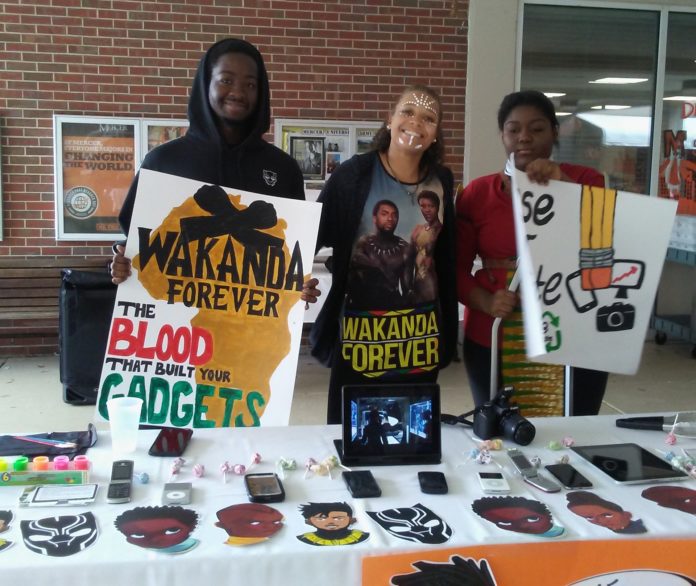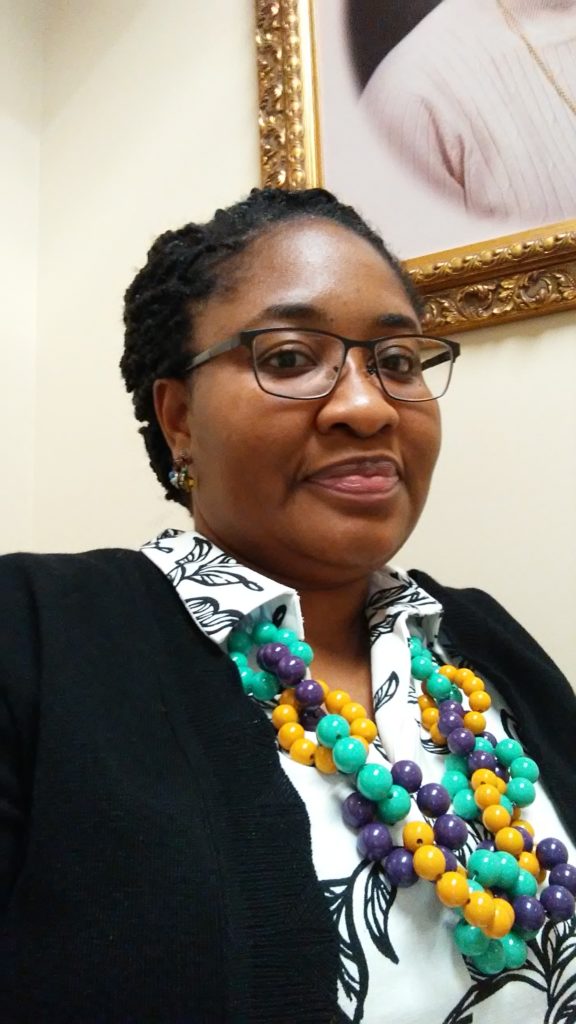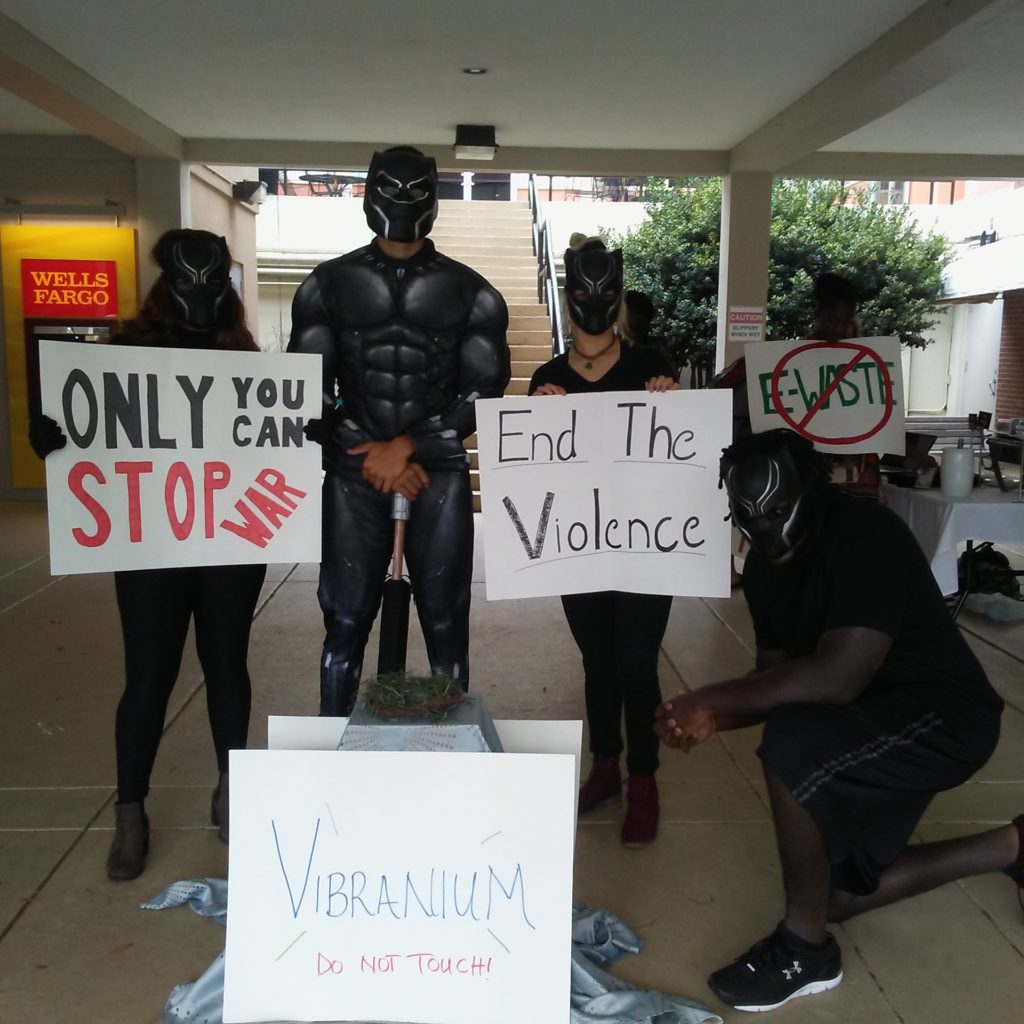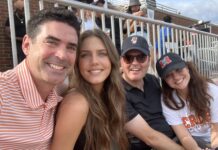
A Mercer University professor is working to call students’ attention to a global issue by tying it to a recent Hollywood blockbuster.
Dr. Chinekwu Obidoa’s INT 301 course on “Globalization: Africa’s Experiences” is hosting a cinematically-themed event titled “Is Vibranium in Your Cellphone?” from 11:30 a.m.-12:30 p.m. Nov. 18 in the Connell Student Center breezeway. Social distancing measures will be observed, and there will be catered finger foods.
The event’s purpose is to help raise awareness of the Coltan mineral crisis in the Democratic Republic of the Congo (DRC). Dr. Obidoa, associate professor of global health and Africana studies, is particularly passionate about this subject due to its connection to globalization.
“Digital advances have not occurred in a vacuum, but within the context of exploitation, particularly exploitation of minerals in Africa,” Dr. Obidoa said. “The Democratic Republic of the Congo has 80% of the world’s reserves in Coltan, and without it, your cellphone won’t be as high functioning as you would like it to be.”

One of Dr. Obidoa’s teaching methods for this subject is utilizing the concept of the fictitious and precious metal Vibranium featured in the 2018 film “Black Panther.”
“What a lot of people don’t know is that a good amount of what was presented in that movie is actually real, even though it may have been coded or hidden,” Dr. Obidoa said. “I found the film very valuable and useful in teaching about Coltan properties and exploitation in Africa.”
Dr. Obidoa believes that everyone should be aware of these issues due to their implicit role in the conflict when purchasing an electronic device.
“People at Mercer need to know about this because we are a part of an interconnected world, and we’re supposed to be global citizens,” Dr. Obidoa said. “Even more personally, if you have a cellphone or any modern digital device, you are complicit in the conflict and the marginalization of the people of the DRC. Students need to be aware of this because it matters.”
Dr. Obidoa created the “Globalization: Africa’s Experiences” course in hopes of educating the Mercer community about engaging with a rapidly globalizing world.
“I was born in Africa, and I’m an Africanist; I’ve noticed that there are very few classes that address topics on Africa, taught at Mercer, and I think this is problematic for various reasons,” Dr. Obidoa said. “Whenever we talk about development, Africa comes to our minds first. I tell my students, ‘You can’t change a world you don’t understand.’”
The students in Dr. Obidoa’s class were given a group project to complement their understanding of the Coltan mineral crisis. They designed a website and created a Facebook page to raise awareness, in addition to collecting e-waste, another issue that negatively impacts Africa.

Senior Tiffany George, a global health studies and global development studies double-major, and her group created a website and Facebook page to fulfill project requirements. George feels that the class has increased her self-awareness of world issues.
“I’m leaving with this understanding of how exploitation in the DRC directly affects me and how I can help alleviate the situation,” George said. “By nature, we’re all sharing the globe and living on it, which makes us global citizens. We just have to accept it.”
Senior Michaela Jones, an accounting and Spanish double-major, designed a Facebook page with her group, as well. Jones is looking forward to further expanding her newfound knowledge of Africa.
“I’ve learned so much about Africa that challenged a lot of my preconceptions before entering this class, and I’m walking away with a different idea of Africa as a continent,” Jones said. “There are a lot of things that I learned from Dr. Obidoa in her class that I definitely will take with me for a while.”









